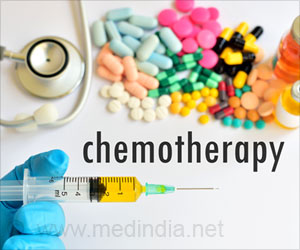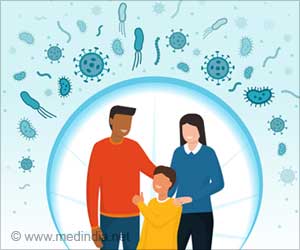The brings hope to a world that soon we will be able to get rid of a dreaded disease called cancer. According to the World Health Organisation, nearly 10 million people died in 2020. This amounted to cancer being responsible for nearly one in six deaths.
Advertisement
The initial purpose of this study was listed to find out whether the study drug, TSR-042 (commonly called dostarlimab), followed by standard chemoradiotherapy and standard surgery is an effective treatment for advanced cancers.
Participants were given the drug every three weeks, for six months. According to the initial plan, the treatment was to be followed by standard chemotherapy and surgery, and patients who had a clinical complete response would proceed without both.
After at least six months of follow-up, all 12 patients showed a clinical complete response with no signs of the tumor and that too without any side effects.
The absence of significant side effects shows that “either they did not treat enough patients or, somehow, these cancers are just plain different.
Hoping for a complete cancer cure in the future
Although the results are optimistic, researchers feel that the treatment procedure used in the study cannot replace the current curative treatment approach.
Patients who have a clinical complete response after chemotherapy and radiation therapy have a better prognosis than those who do not have a clinical complete response, yet cancer regrowth occurs in 20 to 30% of such patients when the cancer is managed nonoperatively.
To provide further information on patients who might benefit from immunotherapy, subsequent trials including various age groups, coexisting conditions, and cancer should be conducted. If further trials on a larger scale show similar results, we could be heading towards a cancer-free world.
Source: Medindia



